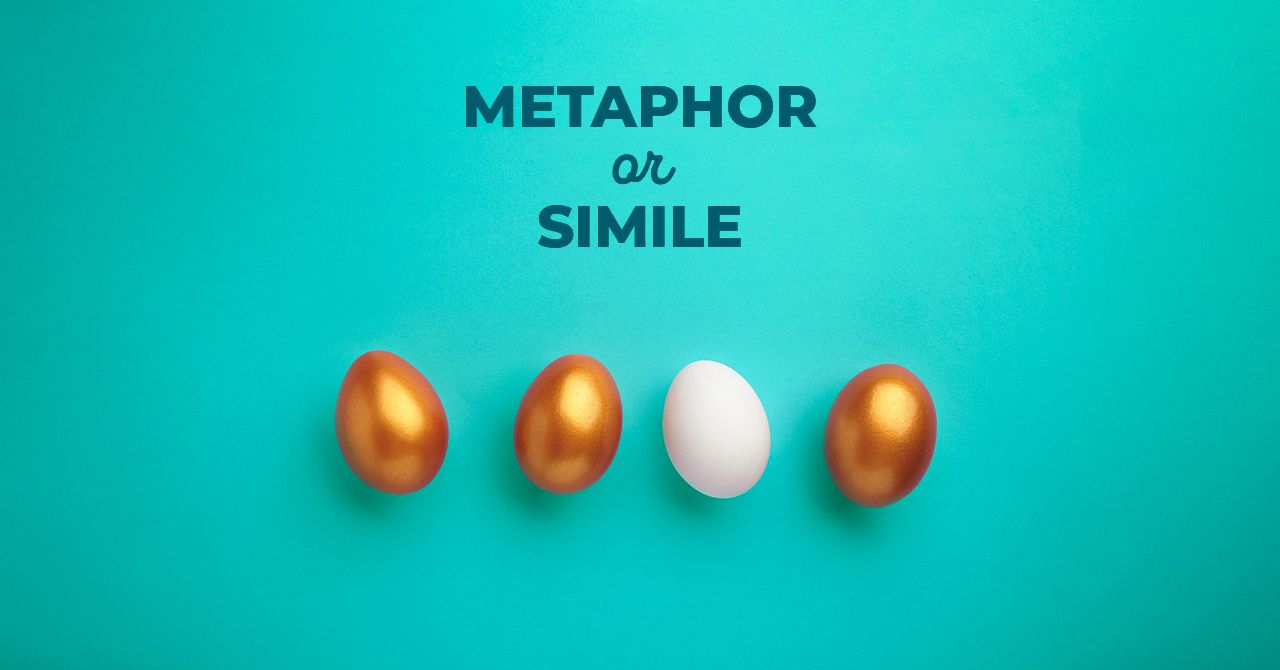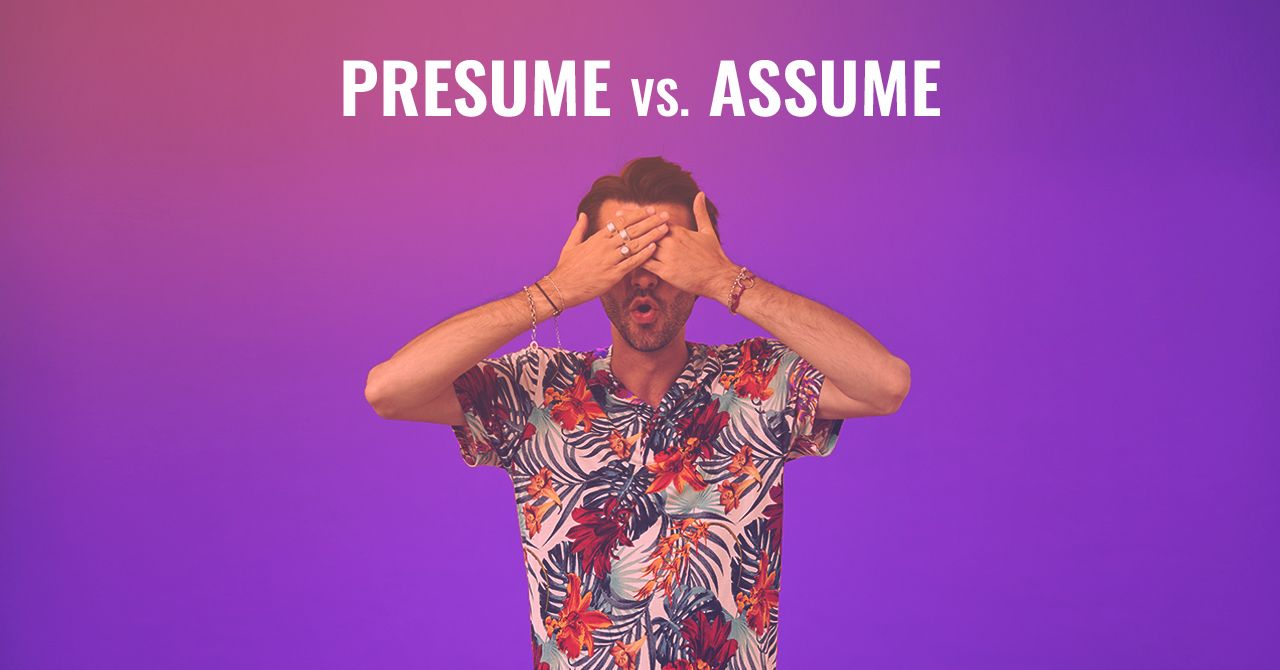Which is correct
Find correct options for writing and using some words and expressions

When to Use a Hyphen in the Phrase “Year Old”?
The phrase “year old,” which indicates an age, should be hyphenated in specific situations that we’re going to explain. This means avoiding the hyphen in others.

Simplifying “Used To” Once and for All
“USED TO DO something” means something was happening on a regular basis in the past but is not happening anymore. “USED TO DOING something” means that you have become acclimated to a certain behavior, situation, or lifestyle.

Principal vs. Principle: Definition, Synonyms, and Antonyms
Principal and principle sound the same but are spelled differently. The difference can be seen in the last three letters of each word, with “principal” ending with -al and “principle” with -le.

Simile and Metaphor: How to Set Them Apart?
Simile and metaphor are two of the most common literary devices that allow you to compare different things, concepts, ideas, and experiences. Both can help you add interest, exaggerate, or emphasize.

Making the right choice between “there is” or “there are”
Basically, both “there is” and “there are” are deployed to say that something exists or some things exist, as the case may be.

When to use “Aid” vs. “Aide” to talk about assistance and job titles
You may already be aware that “to aid” is a verb that means to provide help. “Aide” is a very different noun. It does not have a verb form and can never be used in the same context as aid.

“Make due” or “Make do”—Which is the correct form?
Make do is the standard form of the idiom that means “to manage to live without things that you would like to have or with things of a worse quality than you would like” (Cambridge Dictionary).

How to know when to use the verbs presume vs. assume
Presume and assume are both verbs with similar meanings. They can both be used instead of the verb “to suppose” but cannot be used in the same contexts.